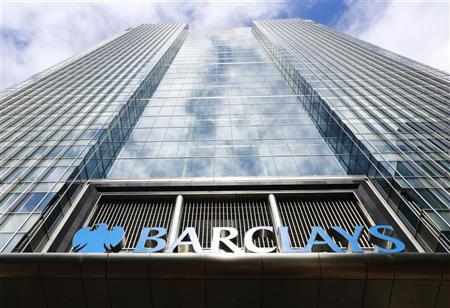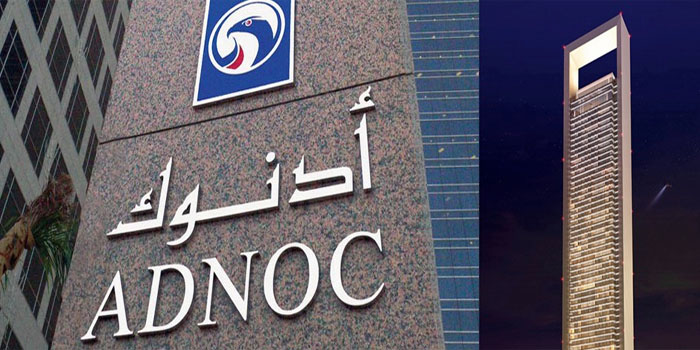
London — Barclays on Wednesday said it was tightening lending criteria for coal power and would stop financing oil sands exploration and production, but did not announce new restrictions on oil and gas lending as some rivals have.
The British bank extended a previously announced plan to phase out financing for clients involved in coal-fired power generation by 2030 from the UK and European Union, to include other countries in the Organisation for Economic Cooperation and Development.
However, some environmental activists had hoped the bank would announce a new policy on financing for oil and gas, after HSBC said in December it would stop direct funding new oil and gas fields.
Barclays also set its first emission-cutting target for the automotive manufacturing industry, with a pledge to reduce emissions intensity by between 40% and 64% by 2030 against a 2022 baseline.
For the residential real estate sector, Barclays set a “convergence point” of reducing emissions by 40% by 2030, which it said was not a target because decarbonising UK homes was dependent on wider changes beyond its control.
The absolute emissions generated by its energy clients have dropped 32% since 2020, putting it on track for a 40% reduction by 2030, but the bank acknowledged this was helped by cash-rich energy customers needing less finance in 2022.
Campaign groups said they were disappointed Barclays had not made further commitments to curtail financing fossil fuel expansion.
“By continuing on this path, Barclays is ignoring the science and disregarding its customers. Because any strategy which does not include restrictions on financing for new oil and gas represents a failure of leadership, ambition, and action,” Tony Burdon, CEO at Make my Money Matter said in a statement.
ShareAction’s Jeanne Martin called on Barclays to update its oil and gas policy before its 2023 annual general meeting “to meet science-based standards on climate”, or face further shareholder pressure.
Follow us on twitter



